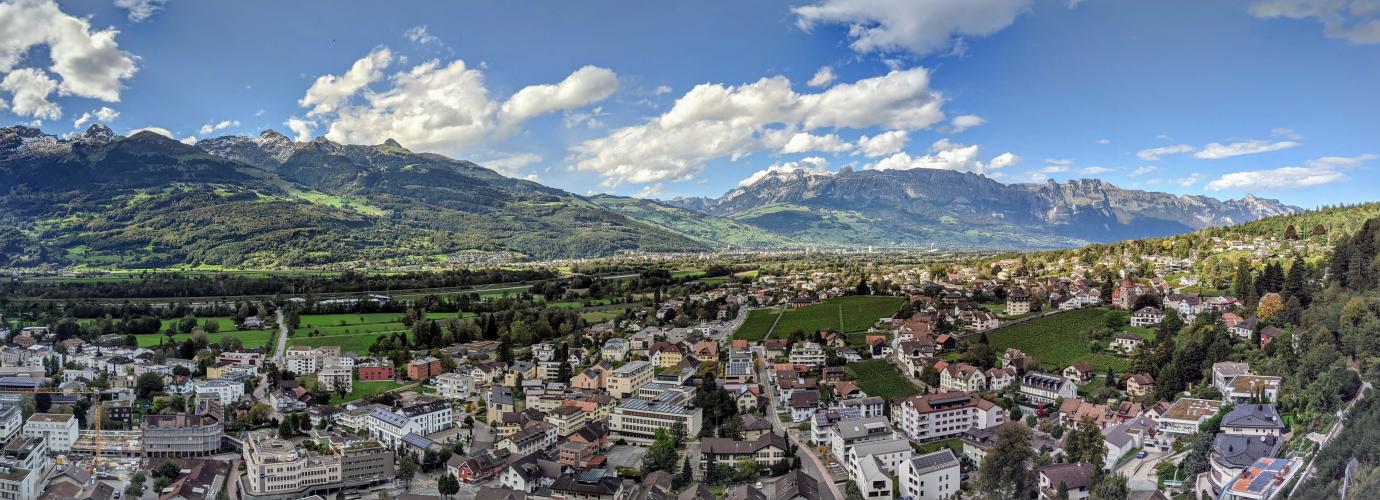Funding in the Liechtenstein education system varies depending on the level of education. The main responsibility lies with the state, which must support and promote the school and education system in accordance with the Constitution (Art. 17). This constitutional mandate is fulfilled on the one hand by Liechtenstein operating its own public state schools and facilitating attendance at foreign secondary schools through place guarantee agreements or other agreements (financing of educational opportunities) and on the other hand by assigning educational grants on the basis of the Scholarship Law (income-dependent financing of educational demand).
In addition to the state and the municipalities as primary school authorities, the private sector and private individuals also contribute to the costs.
Tuition at public schools is free of charge, and this also applies to teaching materials for children of compulsory school age. At upper secondary schools, a parental contribution is charged for teaching materials.
The granting of a licence for the establishment and management of an institution of higher education does not give rise to any entitlement to state contributions. Such contributions are paid on the basis of a performance agreement between a university and the government or if a law provides for the payment of a state contribution to a specific university. As a foundation under public law, the University of Liechtenstein is subsidised or supported by the state.
Liechtenstein does not have its own educational institutions in the area of vocational education and training. In the higher education sector, only a small area is covered by the existing institutions. In order to nevertheless provide access to all training courses for learners from Liechtenstein, Liechtenstein maintains various state treaties with neighbouring countries (in particular Switzerland) and individual educational institutions, participates financially in such institutions (e.g. Eastern Switzerland University of Applied Sciences or the Interstate Matura School for Adults St. Gallen/Sargans) and makes equalisation payments (contributions per learner).
The majority of continuing education is privately funded.
According to the Office for Statistics, public education expenditure in 2022 totalled CHF 198.8 million. Compared to the previous year, this represents an increase of around CHF 3.6 million. Of the CHF 198.8 million, CHF 154.3 million was financed by the state and CHF 44.4 million by the municipalities.
According to the 2019 research and development statistics, a total of CHF 375.4 million was spent on internal research and development (R&D) in Liechtenstein. The drivers of R&D expenditure are private sector companies. They spent a total of CHF 366.5 million in 2019 and thus accounted for 98% of all internal R&D expenditure in Liechtenstein. Liechtenstein research institutions recorded expenditure totalling CHF 8.4 million, while the government sector incurred CHF 0.5 million.

